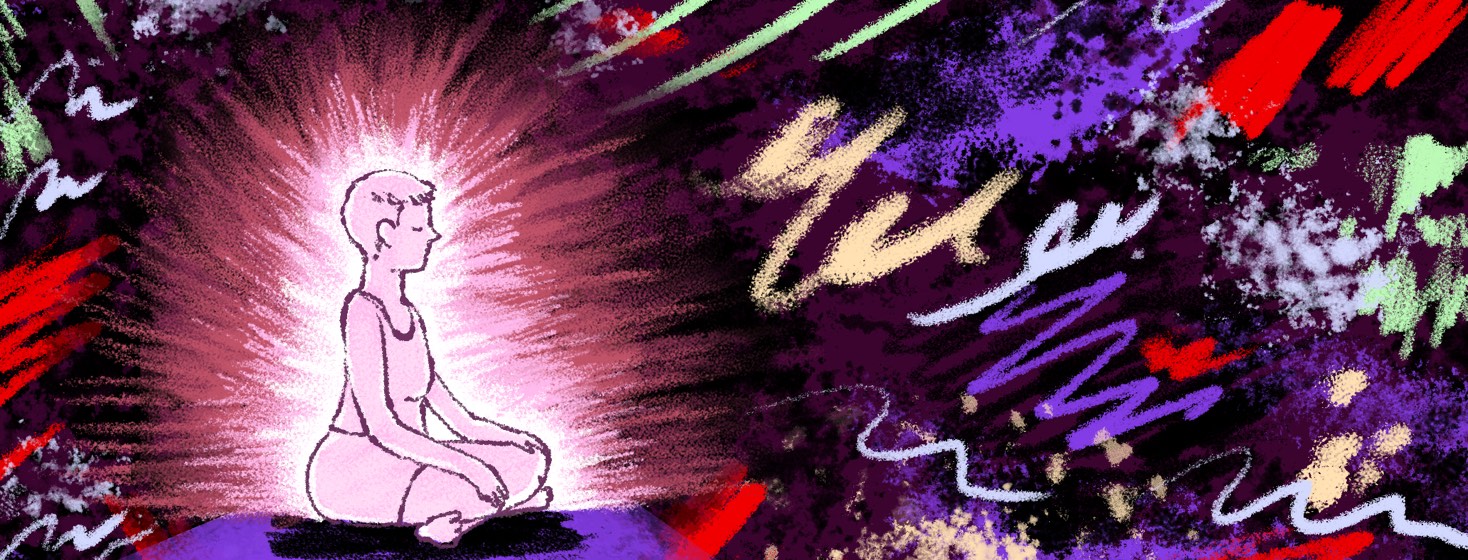Stress, Grief, and Ankylosing Spondylitis
It doesn’t feel like a stretch to say that stress has always made my AS symptoms worse. Most medical professionals and the majority of people with AS would agree.
It’s a cruel irony that, in the worst possible vicious cycle, the stress related to having a chronic illness makes that illness worse.
I often used to wonder why this was the case. How could stress, essentially just thoughts, have such a big effect on our physical body? That was before I learned about the effects of prolonged cortisol release on inflammation (you can read more about the stress response and AS in this excellent article).
With this process in mind, I find it interesting to look back on my life with AS
Plotting some of the most challenging things I’ve experienced in the past 20 years often shows a correlation with a spike in my symptoms. Moving house? Flare. Promoted into a stressful job? Flare. Death of a family member? Major flare. It’s too much to be coincidence.
I don’t know of any way to safeguard against the stressful events lie throws at us (if anyone has this figured out please email me) but in the meantime I’ve tried to adjust how I react when they occur.
Learning to express my feelings has been a big change for me. Like many people, I grew up in a conflict-averse family and didn’t learn healthy ways to disagree or say no. This saw me swallow a lot of feelings and live with many choices I didn’t want to make.
The older I become, the more important it is that I am fair to myself
Sometimes that means pushing back. Knowing this has an impact on my pain levels is a powerful motivator, even when speaking up feels socially uncomfortable. I’ve still got a lot of work to do but I think being more honest and true to myself has played a part in my overall sense of contentment and my improved health in recent years.
Learning to journal has become a tool I rely on to get through difficult times. Following the death of my mother I wrote all of my thoughts and feelings down in a notebook as a way to work through my grief. There were many tears shed over those pages, but somehow getting the words out of my head and onto paper helped me process a lot of tough emotions. I still went into a flare but it wasn’t as debilitating as I’d anticipated after what had been an incredibly draining year.
Meditating has become my go-to stress buster and the tool I reach for when I feel myself getting strung out
Breathing deeply and taking time out even for a few minutes is a powerful circuit breaker for my nervous system and I always feel different afterwards. Everything you hear about meditating is true - it’s impossible to stop your mind wandering, it feels hard initially and it’s also totally worthwhile and the best thing you can do for your brain. Once I realized all this was true and embraced the imperfection I was hooked. I also recommend it to everyone I know with AS because I do think it helps.
My final stress-buster is the one I enjoy the most; its making time to be with people who make me laugh and lift me up. Social connection and the support of others is my favorite antidote when life starts to feel overwhelming.

Join the conversation